
Spring 2023 | Hosted by Co/Lab and North Carolina State University
Oppressive Infrastructures is a collaborative exchange held during Spring 2023 exploring inequity through close examination of the data we use to study diverse dimensions of social and physical infrastructural systems, their inherent bias, and their lasting oppressive legacies. We hope to prompt discussion around how new paradigms for data can undermine historic patterns of oppression and instead serve as liberating agents for change. Participants will contribute new perspectives at the intersection of data science, ethics, representation and bias specifically as it relates to equity, inclusion and systems of oppression that may or may not be evident in the way that data is collected, cleaned, manipulated and communicated. Through this colloquium we hope to strengthen our cross-disciplinary network of researchers exploring how data contributes to inequity and injustice as oppressive tools and to collectively build an impactful body of research that diversifies the dimensions used to describe and study these wicked challenges and expands critical conversations to initiate change.
Specifically, this colloquium will leverage knowledge that is both broad and deep, and provide the foundational structure for a larger, public symposium of the same or related topic, and ultimately result in an edited book authored by both colloquium and symposium participants.
If you are interested in participating, please email Erin White at eswhite@ncsu.edu
Colloquium Schedule
Friday, February 24 | 9:00 – 10:30am [Zoom]
Kickoff meeting
- Schedule Review
- Introductions and General Discussion
- Breakout sessions

Sara Queen
Associate Professor of Architecture, NCSU, Colloquium Co-Chair

Tania Allen
Associate Professor of Media Arts, Design and Technology, NCSU. Colloquium Co-Chair

Erin White,
PhD Student, NCSU, Director of Community Food Lab,
Colloquium Organizer
Friday, March 10 | 9:00 – 10:30am [Zoom]
Data Integration and Data Equity
Racial Equity Implications of Housing First Charlotte-Mecklenburg
Centering Racial Equity Throughout Data Integration
Equity in Practice
Learning Community

Lori Thomas
Associate Professor of Social Work, UNC-Charlotte
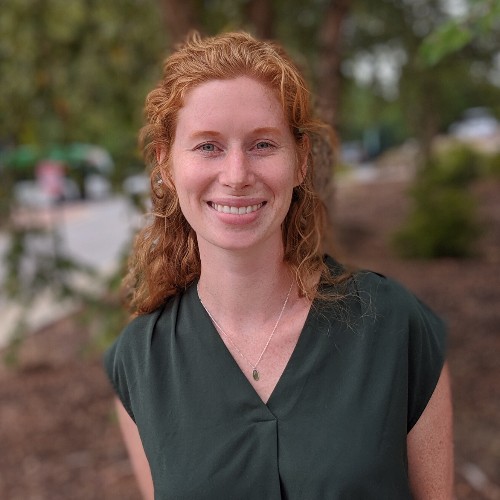
Bridget (Hochwalt) Anderson
Research Associate, UNC-Charlotte Urban Institute
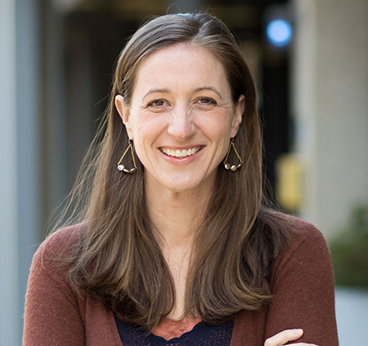
Amy Hawn Nelson
Research Faculty, University of Pennsylvania

Sydney Idzikowski
Associate Director, Charlotte Regional Data Trust
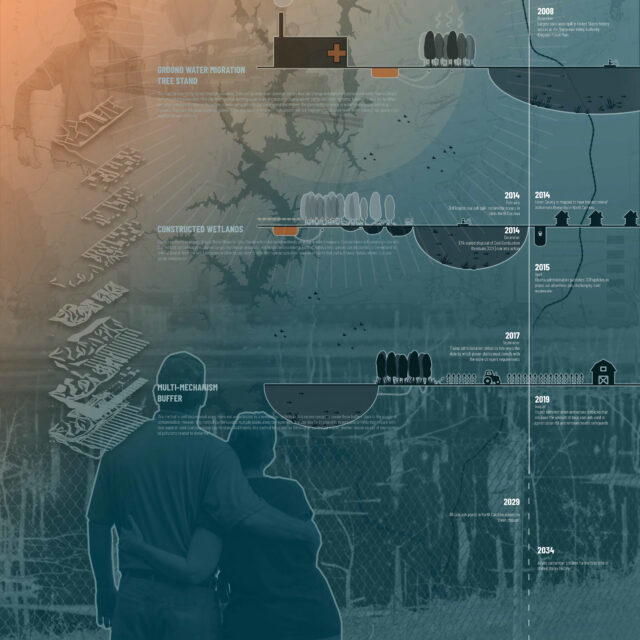
Ayana Whitman
Management Analyst, Criminal Justice Services, Mecklenburg County Gov’t.
Friday, March 24 | 9:00 – 10:30am [Zoom]
Data Used to Inform More Equitable Infrastructural Policy
A Tool for Assessing EVSE Suitability for the State of NC
Just Water
Assessment of Population-Level Disadvantage Indices to Inform Equitable Health Policy

Alexander Yoshizumi
Geospatial Data Scientist, Applied Data Research Institute

Bethany Cutts
Associate Professor, College of Natural Resources, NCSU

Kamaria Kaalund
Policy Analyst, Health Equity, Duke-Margolis
Friday, April 7 | 9:00 – 10:30am [Zoom]
Tools for Public Engagement and Social Policy
Tools for Public Engagement and Social Policy
Gameful design and collaborative decision-making

Ari Green
PhD Student, American Studies, UNC-Chapel Hill Planning Intern at City of Raleigh Municipal Government

Dionne Hines
Assistant to the County Manager, Durham County
Tuesday, April 18 | 12:00 – 1:30pm [Zoom]
Using Data to Understand Unique Needs of Underserved Communities
Black Agrarianism and
Black Farmer Narratives
Layered Lives: Race and Representation in the Southern Life History Project

Andrew Robert Smolski
Postdoctoral Research Scholar in Agricultural and Human Sciences, NC State
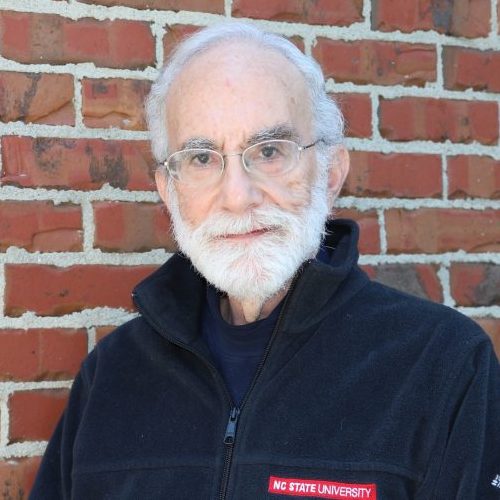
Michael D. Schulman, PhD
William Neal Reynolds Distinguished Professor, Agriculture and Human Sciences, NC State
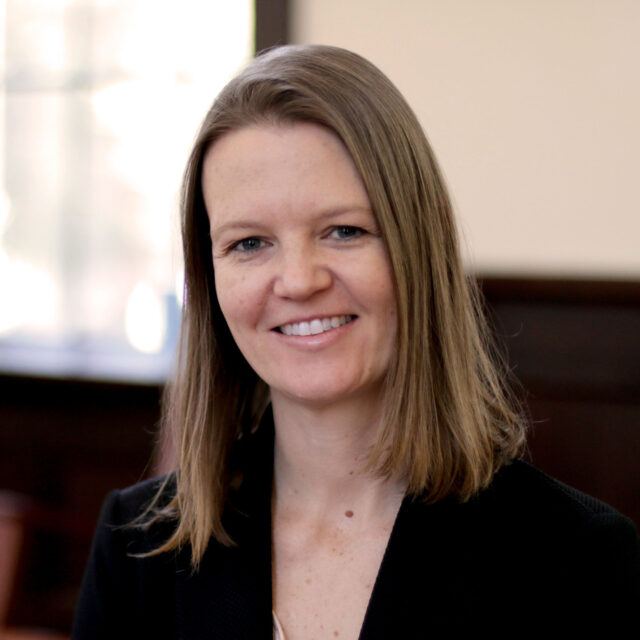
Courtney Rivard
Teaching Associate Professor / Director of Digital Literacy and Communications Lab
Friday, May 5 | 9:00 – 10:30am [Zoom]
Accessing and Experiencing Data and Narratives
A Community-Engaged Study of Exposure to Emissions
Visualizing Inequities: Mapping Racism in the Built Environment


Sara Queen
Associate Professor of Architecture, NCSU, Colloquium Co-Chair

Tania Allen
Associate Professor of Media Arts, Design and Technology, NCSU. Colloquium Co-Chair
OPPRESSIVE INFRASTRUCTURE COMMUNITY PRACTICE
As a community of practice, we are committed to sharing diverse perspectives, experiences (both lived and learned) and approaches to working with and through data. Our goal is not to develop a unifying principle underlying this work, as much as to better understand the landscape of methods, philosophies and practices that might guide future work. As a living practice, our perspectives will necessarily change – this version is both a snapshot of where we are starting and an invitation to continue reflecting on how we can be in practice together.
Our Positionality
We can learn from and try to acknowledge our own role in systems of oppression, recognizing our own privilege (as citizens of the U.S., living in relative affluence, educated, employed), positionality, access, equity and balance. At the same time, we recognize that within our community we also have very different experiences with oppressive systems, and our roles in them are not equal or the same. We honor our commonality and our differences in these relationships and roles.
This is a space to learn, share and grow together while showing respect for one another’s basic personhood. We practice inner inquiry. We ask questions. We are open to observations of our behavior, and we are open to sharing feedback with others regarding their actions. We help each other learn and grow by “calling in” (to conversation) instead of “calling out” (with blame). We stretch our willingness to be uncomfortable.
We try to use inclusive language that is accessible for people with varying disciplinary knowledge and (to the best of our ability) ground the specificity of our work within a more general understanding.
We make sure we’re not generalizing to entire groups of people or presuming anything about someone else’s experience and we reflect on the social identities we carry that impact our experiences.
We practice sharing honestly and listening deeply. We strive to create a welcoming environment for those with varying levels of comfort in verbalizing experiences. We assume that everyone has a right to be heard and a right to be silent. Our disagreements and challenges are respectful and in the spirit of mutual learning and growth.
Our Practice
- We acknowledge our varying roles in Infrastructures of Oppression
- We come to this work in a spirit of curiosity, openness and respect
- We speak from our experience and learn from others experiences
- We strive to be inclusive of mind, language and orientation
- We make space for each other
- We acknowledge the difference between intent and impact
Inspiration for our Community Practices comes from AORTA 28 and Visions 49 and altMBA.
More about the Colloquium
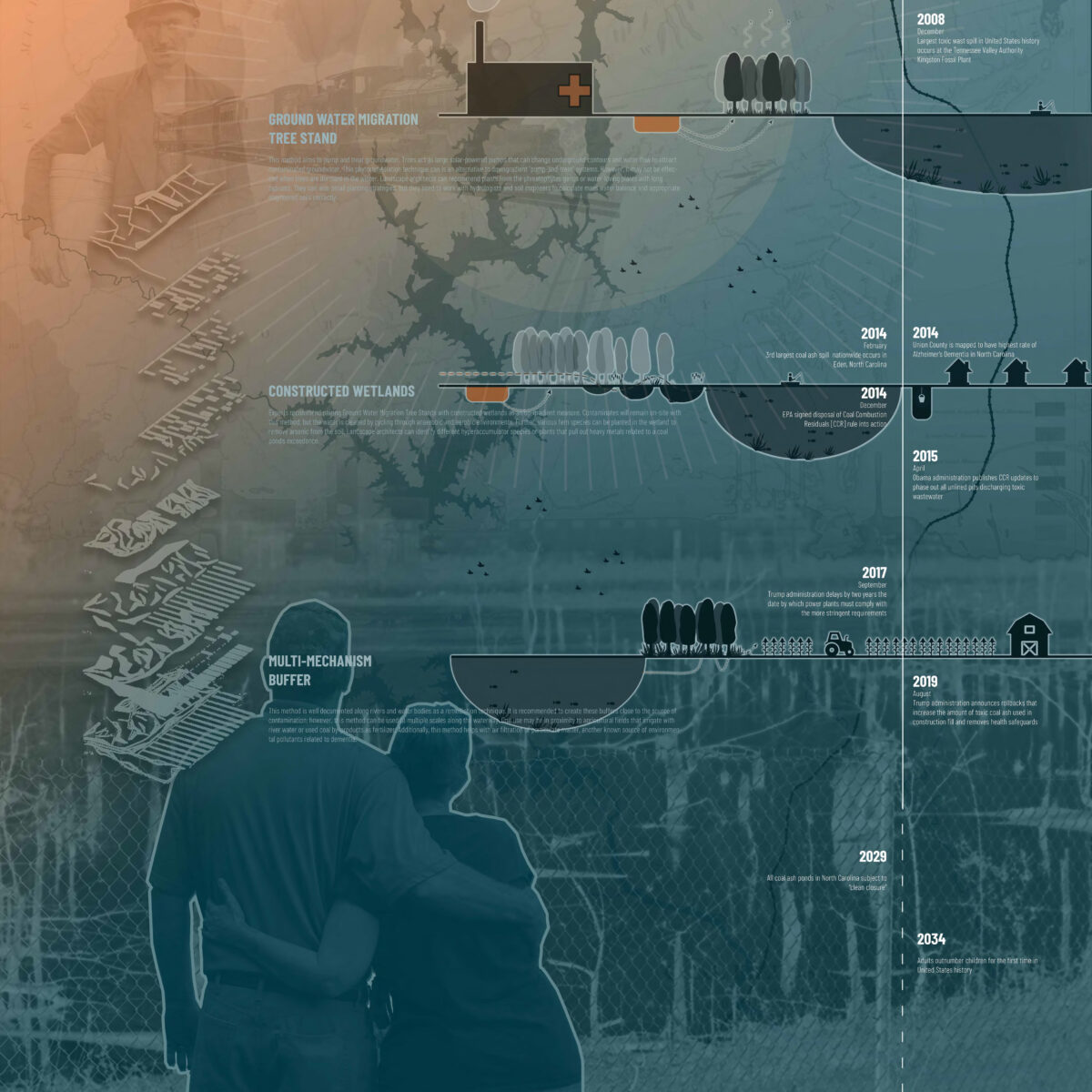
Image Credit: Britt Davis, 2022
In recent years, broader examinations of the systems of oppression that continue to reinforce racist infrastructure have increasingly included the way that data is collected, examined and used to support these structures. Safiya Noble’s Algorithms of Oppression argues that the data we are exposed to is not simply a neutral reflection of what we believe but an active participant in crafting these beliefs. Catherine D’Ignazio and Lauren Klein’s book Data Feminism argues that we can use feminist theory and intersectionality to understand data and its classification systems differently, and hopefully with more equity. And the re-publishing of WEB Dubois’s visualizations on post-emanication life for African Americans has drawn significant attention for its authorship and what it reveals, but also what is revealed by its lack of publicity when first created. The primary goal of this project is to build on these new perspectives at the intersection of data science, ethics, representation and bias specifically as it relates to equity, inclusion and systems of oppression that may or may not be evident. We will do this by organizing a colloquium of scholars and practitioners from multiple fields who are actively collecting and using a variety of quantitative and qualitative data in their work to discuss how they account for and address issues of equity and access. We are particularly interested in the way that data and data visualization communicates a message, and to what degree we can integrate the “lived experience” into the way that data is collected and used.
Specifically, this colloquium will leverage knowledge that is both broad and deep, and provide the foundational structure for a larger, public symposium of the same or related topic, and ultimately result in an edited book authored by both colloquium and symposium participants.